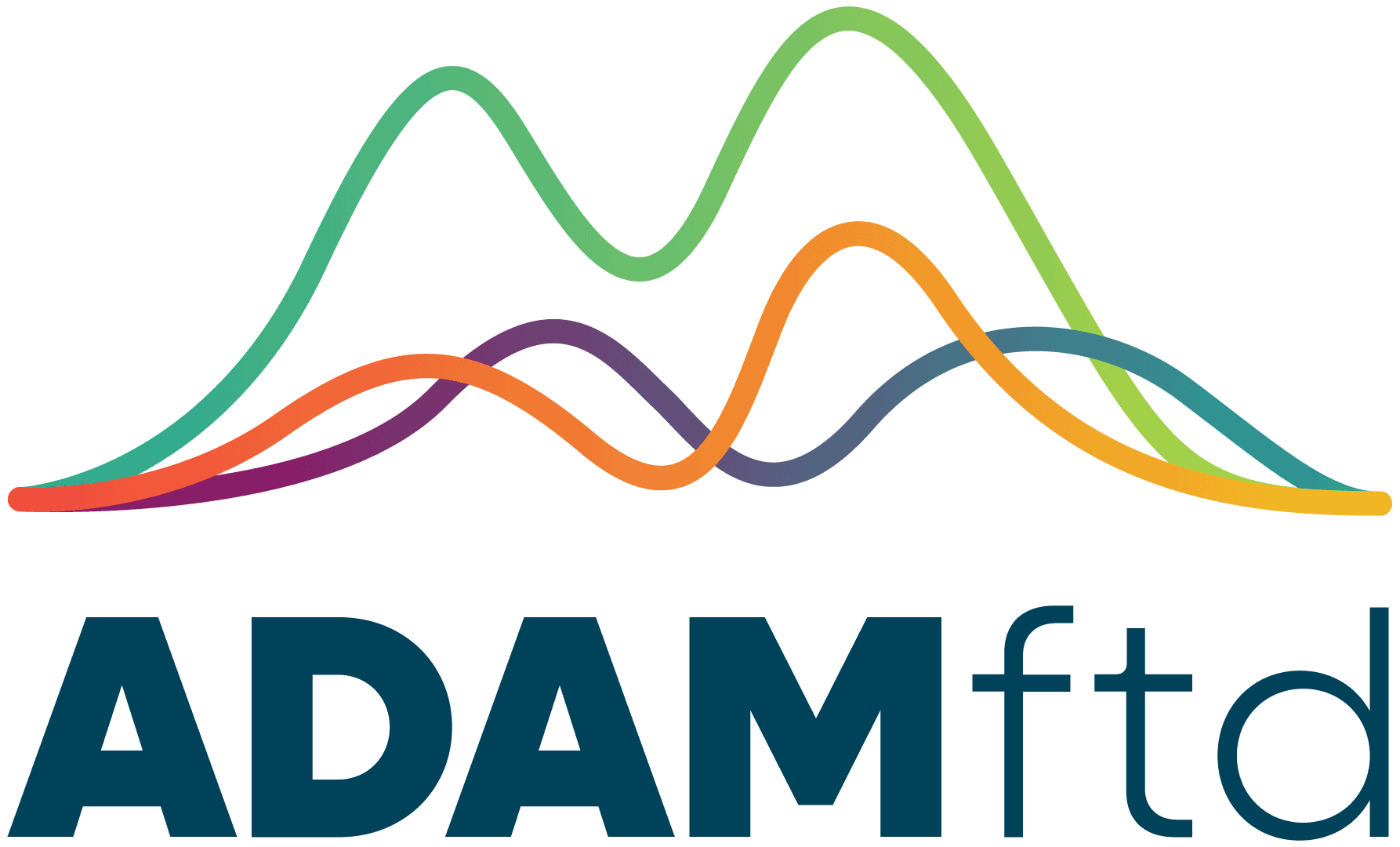The Importance of Transparency in Company Registries
Transparency in company ownership is critical for ensuring fair and ethical business practices. At ADAMftd, we believe in the power of transparency to level the playing field, combat corruption, and foster trust in the global marketplace.
Benefits of Transparency
- Preventing Corruption: Transparency helps identify and prevent illicit activities such as money laundering and fraud.
- Building Trust: Clear ownership information builds trust among stakeholders, investors, and the public.
- Enhancing Accountability: Knowing who controls a company ensures accountability for business practices and legal compliance.
- Facilitating Due Diligence: Accurate ownership data aids in comprehensive due diligence, reducing risks for businesses and investors.
The Role of Transparency
Transparency in beneficial ownership involves collecting and disclosing information about the real human beings who own and control companies and other corporate vehicles. This practice is crucial for several reasons:
- Preventing Illicit Activities: Publicly available ownership data helps uncover hidden wealth, tax evasion, and connections to illegal activities by exposing the beneficiaries of anonymously owned companies.
- Enhancing Due Diligence: Governments, banks, and financial institutions use beneficial ownership data to meet due diligence and risk management requirements, preventing fraud and identifying misreporting.
- Supporting Fair Markets: Transparent ownership information enables effective taxation, builds fairer markets, and encourages responsible investment, thereby reducing the risk of corrupt or illegal deals.
Global and National Transparency Initiatives
International and national initiatives have been instrumental in promoting transparency in company ownership:
- Financial Action Task Force (FATF): Provides recommendations on combating money laundering and terrorism financing, including specific guidelines on beneficial ownership transparency.
- European Union’s 5th Anti-Money Laundering Directive (AMLD5): Requires EU member states to create central registers of beneficial ownership information, enhancing transparency and accessibility.
- Extractive Industries Transparency Initiative (EITI): Mandates the disclosure of beneficial ownership information in the extractives sector to combat corruption and ensure accountability.
Examples of Transparency in Action
- UK Public Beneficial Ownership Register: The UK has implemented a public register of those with significant control over UK-registered companies, accessed billions of times, demonstrating its utility in promoting transparency.
- Panama Papers and Paradise Papers: Investigations using beneficial ownership data from leaks like the Panama Papers have uncovered significant amounts of hidden wealth and tax evasion, highlighting the importance of such data in fighting corruption.
Commitment to Transparency at ADAMftd
At ADAMftd, we believe that transparency is fundamental to building trust and ensuring ethical business practices. Our commitment to transparency includes:
- Public Record Data Usage: We utilize public record data responsibly and in compliance with our Public Records Privacy Policy, balancing transparency with public interest.
- International Guidelines Compliance: We adhere to international guidelines and regulations set forth by each jurisdiction, ensuring that our practices are aligned with global standards for transparency and data protection.
Partner With Us!
We invite potential partners to work with us in furthering our mission of international trade transparency and breaking down barriers to global commerce for all levels of the economy. Join us in promoting a fairer, more transparent global marketplace.
